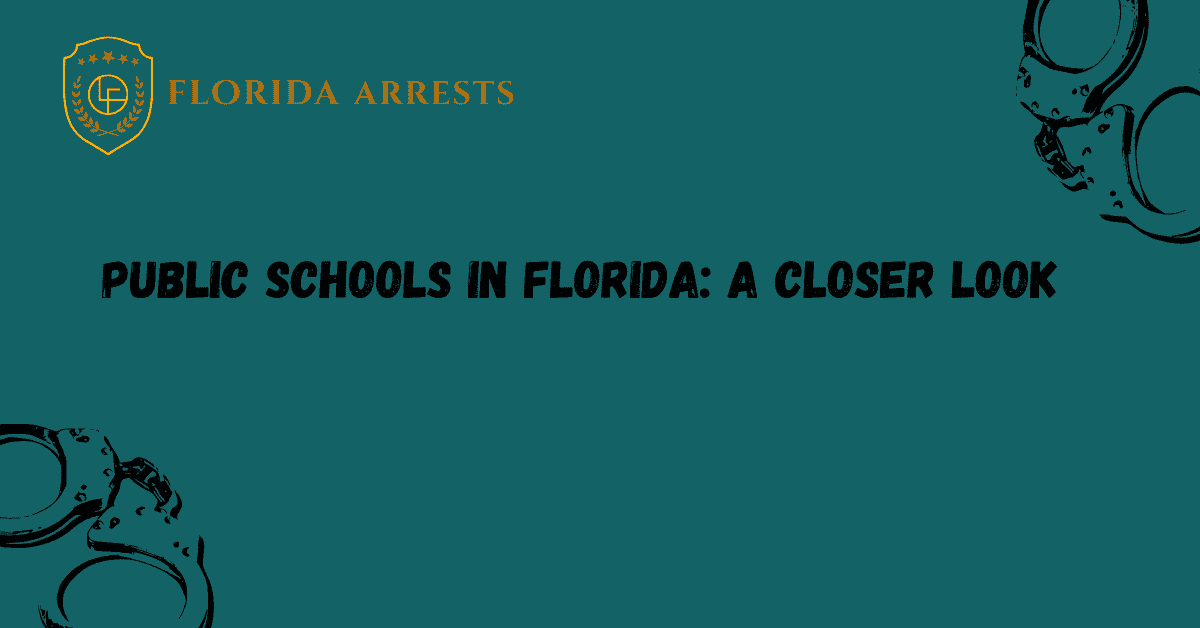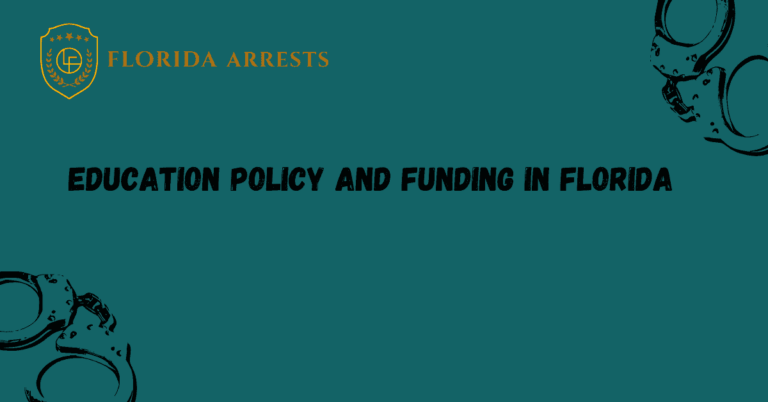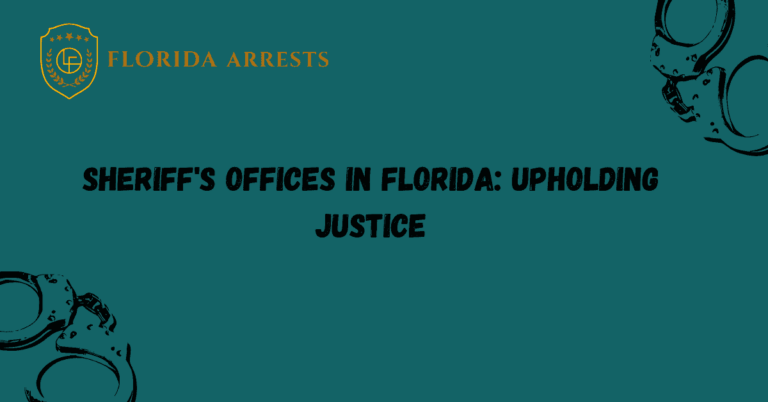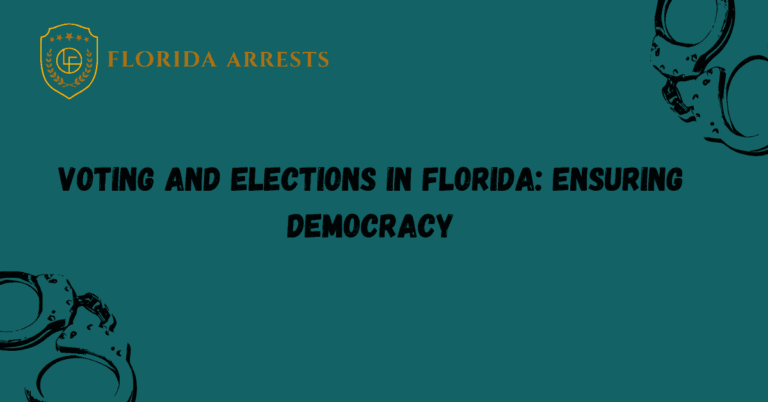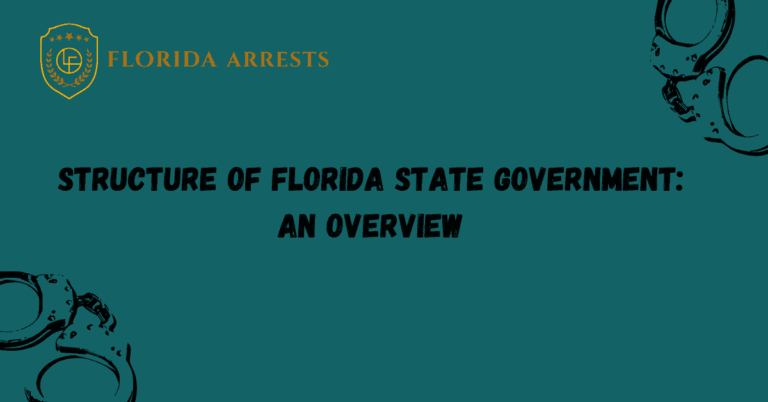Public Schools in Florida: A Closer Look
Public schools in Florida play a crucial role in providing education to students across the state. With a diverse and growing population, Florida’s public schools strive to create a nurturing and inclusive environment where every student can thrive academically and socially. From elementary schools to high schools, these educational institutions are dedicated to preparing students for success in college, careers, and life.
Florida’s public schools offer a wide range of academic programs and extracurricular activities to cater to the unique needs and interests of every student. Whether it’s a specialized magnet program, advanced placement courses, or vocational training, students have access to a variety of educational opportunities. Furthermore, public schools in Florida prioritize the development of critical thinking, problem-solving, and collaboration skills, ensuring that students are well-equipped for the challenges of the future.
Academic Programs in Florida’s Public Schools
Florida’s public schools offer a wide range of academic programs to cater to the unique needs and interests of every student. These programs include specialized magnet programs, advanced placement courses, and vocational training. Magnet programs, for example, focus on specific subjects such as STEM, performing arts, or international studies, allowing students to explore their passions and develop specialized skills. Advanced placement courses provide students with the opportunity to earn college credits while still in high school, giving them a head start in their higher education journey. Vocational training programs prepare students for careers in fields such as healthcare, technology, and skilled trades, ensuring that they have the necessary skills to succeed in the workforce.
Extracurricular Activities for Student Engagement
Florida’s public schools understand the importance of a well-rounded education and offer a wide range of extracurricular activities to engage students outside of the classroom. These activities include sports teams, clubs, and organizations that cater to various interests. By participating in extracurricular activities, students have the opportunity to develop leadership skills, build friendships, and explore new hobbies and passions. Whether it’s joining the debate team, playing on the basketball team, or participating in the school’s theater production, students can find activities that align with their interests and help them grow both academically and socially.
Nurturing and Inclusive Environment
Florida’s public schools strive to create a nurturing and inclusive environment where every student can thrive academically and socially. The schools promote diversity and ensure that all students feel welcome and valued. Teachers and staff undergo training to foster an inclusive classroom environment, where students from different backgrounds can learn from one another and develop empathy and understanding. Additionally, schools have programs in place to address bullying and promote positive relationships among students, creating a safe and supportive atmosphere for learning.
Developing Critical Thinking and Problem-Solving Skills
Florida’s public schools prioritize the development of critical thinking, problem-solving, and collaboration skills. These skills are essential for success in college, careers, and life in general. Teachers incorporate various instructional strategies to encourage critical thinking, such as inquiry-based learning, problem-based learning, and project-based learning. Students are encouraged to analyze information, think critically, and apply their knowledge to real-world situations. Through collaborative projects and group discussions, students also learn to work effectively in teams and develop their communication and interpersonal skills.
Preparing Students for the Future
Florida’s public schools are committed to preparing students for the challenges of the future. They recognize the rapidly changing world and the need for students to be adaptable and equipped with relevant skills. Schools focus on teaching 21st-century skills, such as creativity, innovation, technological literacy, and global awareness. By integrating technology into the curriculum and providing opportunities for hands-on learning, schools ensure that students are prepared to thrive in a digital and interconnected world. Additionally, career counseling and guidance services help students explore their interests and aspirations, guiding them towards their desired career paths and post-secondary education options.
FAQs
What is the student-to-teacher ratio in public schools in Florida?
In public schools in Florida, the student-to-teacher ratio varies depending on the specific school and grade level. On average, the ratio is about 18:1, meaning there are approximately 18 students for every teacher.
What subjects are typically taught in public schools in Florida?
Public schools in Florida offer a wide range of subjects including math, science, English language arts, social studies, physical education, arts, and foreign languages. The curriculum is designed to meet state standards and provide a well-rounded education.
Are there extracurricular activities available in public schools in Florida?
Yes, public schools in Florida often offer a variety of extracurricular activities such as sports teams, clubs, and organizations. Students have the opportunity to participate in activities that align with their interests and passions.
What are the requirements for enrollment in public schools in Florida?
To enroll in public schools in Florida, students typically need to provide proof of residency, immunization records, and birth certificates. The specific requirements may vary between school districts, so it’s best to contact the school directly for detailed information.
What resources and support services are available in public schools in Florida?
Public schools in Florida provide a range of resources and support services to students, including libraries, counselors, special education programs, and academic intervention programs. These services are aimed at helping students succeed academically, emotionally, and socially.
What is the average graduation rate in public schools in Florida?
The average graduation rate in public schools in Florida is around 86%. This means that the majority of students who enter public high schools in Florida successfully complete their high school education and earn a diploma.

